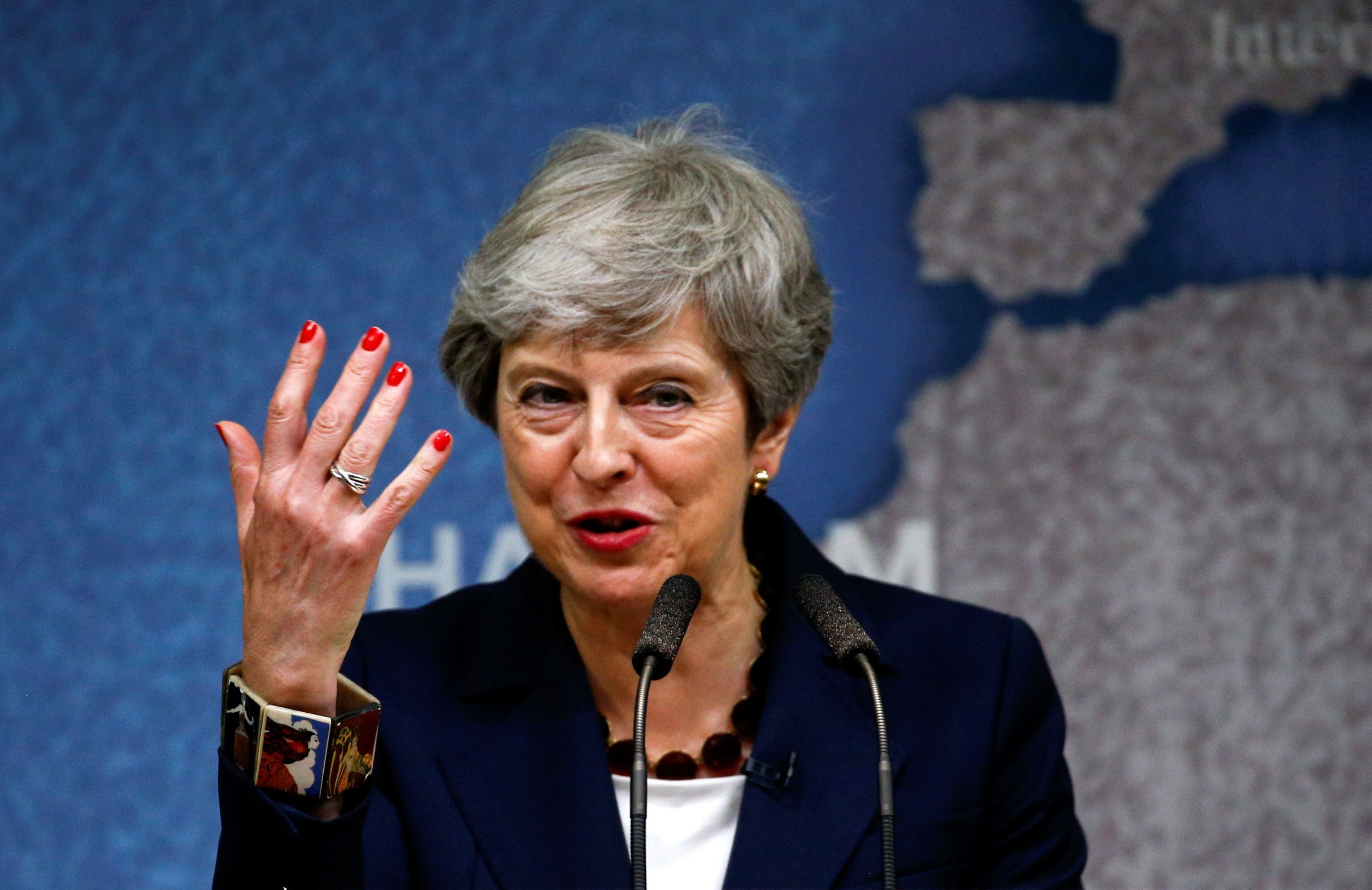Philip Hammond is right to resist Theresa May’s demands to continue to spend
The prime minister is expected to announce a pay rise for the public sector next week, but the chancellor is right to restrain her attempt to buy herself a legacy

Is austerity over or not? There were those who advised Theresa May against declaring the end of fiscal stringency in her speech to the Conservative Party conference last year, because it would raise expectations that ran ahead of the economy.
She was in a desperate corner, and so she went ahead, but it did not do her any good. Her failure to take Britain out of the European Union condemned her anyway, and, if there is any easing in the public finances in the next few years, she will not be there to reap the political benefit.
That has not stopped her trying, over the past few weeks, to buy a legacy with public money. On the whole, however, Treasury discipline has held firm. Philip Hammond, the chancellor, has resisted her attempts to spend her way into the nation’s affections on their way out of office together.
On Monday, the prime minister is expected to announce that hundreds of thousands of public sector workers will get a pay rise. Figures that have been leaked suggest the armed forces will get a rise of 2.9 per cent, teachers and school staff 2.75 per cent, police officers, dentists and consultants 2.5 per cent, and senior civil servants 2 per cent.
These increases are hardly generous, while inflation is running at 2 per cent, and the audience can see how the magician’s trick is done when government sources make clear that the money will come out of departments’ existing budgets. The only department that will get extra money is education – the small concession from Mr Hammond to the prime minister after weeks of hand-to-hand combat.
To be fair, Ms May secured an important legacy with her commitment to net-zero carbon emissions by 2050, a target that, like a ratchet, is unlikely to be weakened. But she wanted part of her legacy also to be a significant increase in school spending over several years; instead she will have to settle for a short-term pay settlement that will do nothing lasting to ease the recruitment and retention crisis.
Today, the chancellor’s caution was vindicated by the latest public borrowing figures, which show spending running ahead of forecasts. If this means that the economy is weakening, it adds to the need to avoid risks while a no-deal Brexit remains a threat.
While there is a strong case for increases in public spending in key areas such as schools, housing and social care, The Independent’s view is that, at least until Brexit is resolved, such increases should be funded by higher taxes.
Join our commenting forum
Join thought-provoking conversations, follow other Independent readers and see their replies
Comments
Bookmark popover
Removed from bookmarks